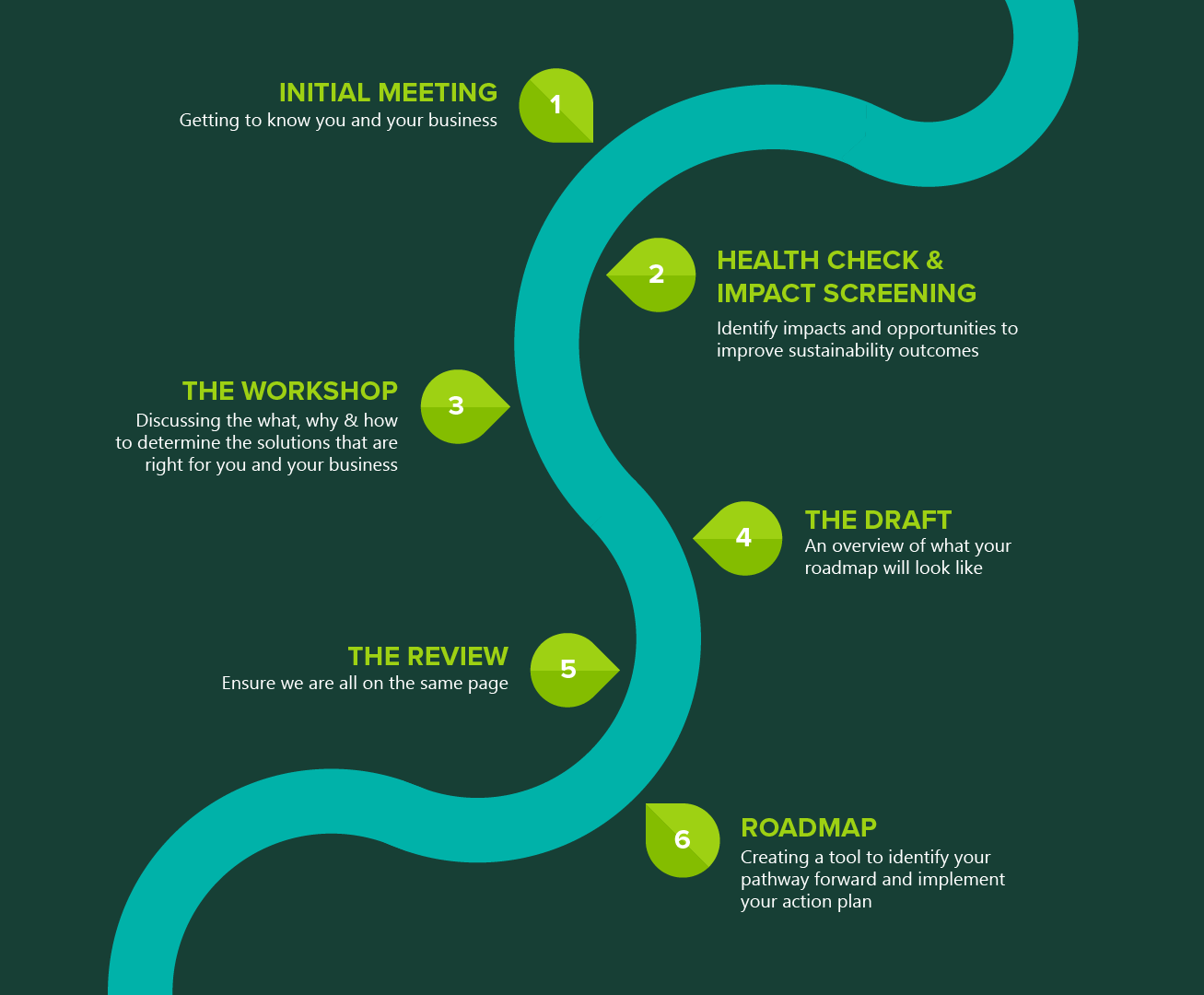.jpg)

.jpg)


Stormwater is one of the most critical elements shaping our environment, infrastructure, and communities. Whether you're a company planning a construction project or a private developer assessing flood risks on your property, an expert hydrology report is essential.
Hydrology reports provide a detailed analysis of how flooding may occur on your site or how overland flow with behave on a site pre and post development to determine the most practicable solution to mitigating the flood risks
These reports are crucial for regulatory compliance (i.e., with the local council and/or catchment management authority such as Melbourne Water), environmental protection, and risk mitigation, as it helps inform of the environmental impacts and flood risks to the immediate site and the surrounding properties.
You may need to provide a hydrology assessment for several reasons, including to meet council and/or CMA requirements and simulate flood behaviour & risks.
Hydrology experts bring specialised knowledge in stormwater assessment and flood modelling. Their expertise ensures that your report meets regulatory standards set by the DEECA and/or DTP depending on planning/environmental concerns. Without a qualified expert, your project may face delays, compliance issues, or inaccurate assessments.
A helpful guide on how to engage with an expert and what will come from the report process.
1. Talk To An Expert
Before reaching out to a hydrology expert, identify and collect all the documentation that may be relevant to the hydrological assessment, be it the letter from your local council/CMA requesting hydraulic and hydrological modelling for the flood risks in the property and/or the feasibility plans for the proposed development. A well-defined scope will help the expert tailor their analysis to your needs.
Once you've gathered the required information, reach out to the hydrology expert (via email or website enquiry) with the details, and they will return with a free quote and offer of service. This offer of service will include the methodology, timelines and cost estimates for the project. The hydrology expert may ask you questions relating to your request, allowing them to better understand and adjust the offer of service to your needs.
2. Data Collection
Hydrology reports rely on accurate data, including ground elevation data, topographic maps, and feasibility plans. Your expert will work closely with you to collect any site-specific information that may improve the report’s accuracy.
3. Hydrological & Flood Modelling
During this stage, the hydrology expert will undertake the flood modelling using 2D flood modelling software to identify the current flood risks on site (and in the proximity), as well as any proposed mitigation options (if required) to comply with the regulatory standards. The assessment will be compiled into flood impacts assessment report detailing the outcomes of the hydrological assessment.
4. Preliminary Findings
Before finalising the report, the hydrology expert may reach out to you with the findings of the hydrological assessment. This stage is important as it allows for the communication between you and the expert to see if there are any required next steps to mitigate flood risks, such as providing safe egress.
5. Final Report
The hydrology expert will provide you with the final report ready for your use.
When completed, this report can be used as formal documentation of the assessed hydrological/ flood impacts on the property/site to inform regulatory bodies (such as the relevant CMA) of the true flood risks on a site.
With support throughout the process, hydrology experts are prepared to support your understanding of the flood risk or impacts to your property.
To start the process or get a free price, reach out to our hydrology team here:
Or, read more on hydrology assessments on our hydrology page:


.jpg)
.jpg)

